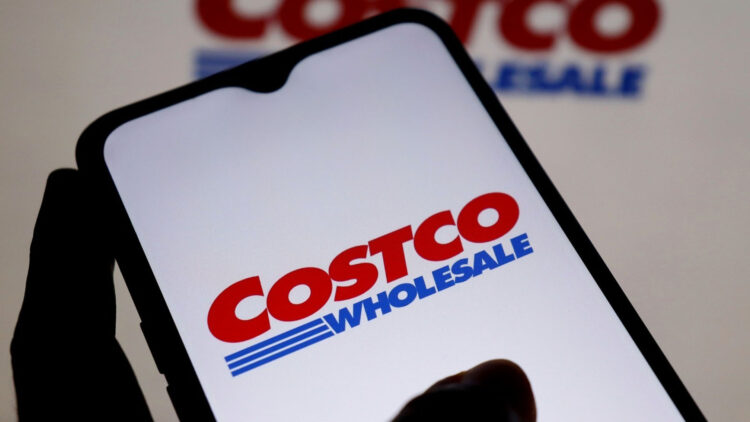Scammers are turning Costco into a hot spot for American consumers. The business, where millions of families shop everyday, is issuing a warning about online scams and digital fraud that circulating through fake emails, texts, and social media, and even through websites that look like Costco.com. “Spoofing” (faking identities or phone numbers) and “phishing” are common techniques used by these days to trick people into clicking a link and sharing private information. Why are they doing it? For data theft or identity theft, and probably to empty your bank account.
Costco has improved its security protocols and created a public page explaining common frauds since they deteceted a card-copying device in a store in 2021. Furthermore, the business warns against messages pretending to be USPS (United States Postal Service) and trying to organize a delivery.
All of this is affecting consumer trust and e-commerce. That’s why the company is recommending to improve personal cybersecurity, prevent fraud, and prioritize data protection before clicking or sharing anything.
Red flags: emails, texts, and social media
One of the most common tricks is fake emails, where they ask you to “update payment” or “confirm membership.” The problem is that they look very real because they use Costco’s logo and design. When you click on the email, or the link that’s included inside, it takes you to a scam website where they can steal your card numbers, username, and password. The messages often talk about a purchases you “didn’t make,” or prizes and refunds.
Remember that any email asking for urgent information is usually phishing.
Spoofing is a technique used by scammers to make texts and social media posts look like they are from Costco. They offer coupons, refunds, or “loyalty rewards,” but they also include dangerous links. These versions pretend to be the USPS (United States Postal Service) and ask you to complete a fake form claiming that a delivery error has occurred.
Also, you might see posts that offer “too good to be true” offers (like incredibly cheap gift cards), but they will ask for personal information or gift cards to “claim” them. If something looks extremely cheap, be cautious. If you’re unsure, check through Costco’s official channels or by logging in to Costco.com (enter yourself the address in the browser). Don’t reply with private information and don’t open suspicious links.
How to avoid falling for fake websites
One of the biggest dangers are websites that imitate the actual Costco design. By changing a small part of the domain, like adding a random words or extensions, they get distracted users. When you enter your username and password there, you are giving up your account. To stay alert of this:
-
Enter Costco.com directly into your browser‘s address bar rather than through risky emails or ads.
-
Look for the lock icon and “https://” at the beginning.
-
Be cautious if the website offers email support, if the brand itself has said that it doesn’t handle customer service that way.
-
If there are a lot of spelling errors or ridiculous prices, it’s probably a copy.
Easy steps that will keep you safe
Prevention on a daily basis is the best defense against online scams. Think about if you know who is sending you any information before clicking. Is Costco.com the actual URL? Are they asking for details immediately? Does the offer seem too good to be true? You can avoid identity and data theft by taking that quick break.
Using official channels, confirming sources, and talking with family members to keep everyone on watch, (especially teens or older adults who have less e-commerce experience) is the right way to start.
Your data is personal, keep it that way.

